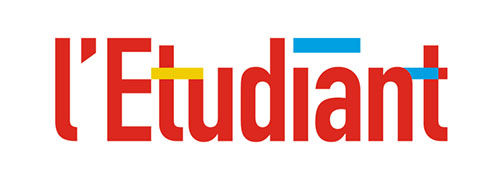
THE PROFESSIONAL DOCTORATE: FROM ANGLO-SAXON CHALLENGES TO EUROPEAN CHALLENGES
The first doctorate degrees were granted in the 12th century. They were awarded to professionals in medicine, theology and law fields. The professional doctorate only appeared much later in the Anglo-Saxon countries. It was indeed necessary to encourage doctoral researchers to assume a new role: become more pragmatic and less theoretical, closer to the realities of the business world and its problems, in a context where innovation is a crucial determinant of competitiveness. What is the place of professional doctorate in European countries? How valuable is a professional doctorate?

THE PROFESSIONAL DOCTORATE IN EUROPE: THE CHALLENGE OF PRAGMATISM
The professional doctorate is an answer to the current issues of doctoral studies. Indeed, it provides European professionals with a new approach to research and innovation. In concrete terms, pursuing a professional doctorate is an interesting opportunity for managers to improve their knowledge and skills in-depth other than through experience. For this target group, the traditional doctorate may be of less interest because it is intended to create new academic knowledge rather than advancing professional practice.
Thus, the Anglo-Saxon challenge of pragmatic research logically reaches Europe, and it is therefore quite naturally that the professional doctorate finds its place in the academic landscape. According to experts, the professional doctorate is considered as the best possible response to the requirements of the employment world, in the short but also in the medium term, compared to the traditional doctorate which focuses more on the candidate’s ability to transmit knowledge rather than to put it into practice.
A LITTLE MORE FLEXIBILITY FOR A BETTER WORKING ENVIRONMENT
The challenges of the traditional doctorate in the Anglo-Saxon countries are now a reality in Europe. Indeed, pursuing a PhD is more likely to be described as a waste of time because of the high drop-out rate of PhD students, the lack of programs aimed at developing transferable skills, the lack of teamwork, etc. These complications are not found in the professional doctorate because of the profile and especially the motivation of the candidates it attracts. The latter are convinced by the validity and the consistency of their professional project.
The other Anglo-Saxon challenge that has become French and European concerns the flexibility of the curriculum. Indeed, the knowledge society is now in need of more flexibility in the structures, the objectives, the modalities and the different assessments that mark the training. This is the question which the professional doctorate addresses, taking into account the candidate’s multiple commitments to the company.








